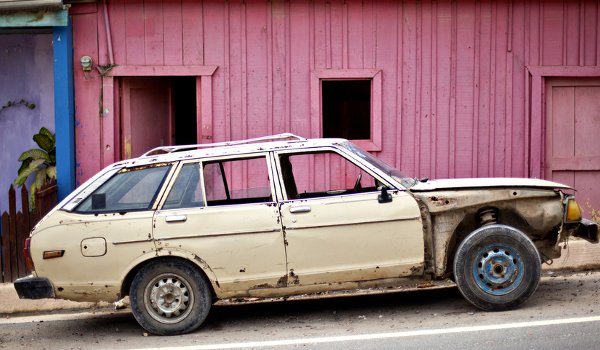France is implementing a new initiative to financially compensate car owners who trade in a diesel vehicle, aged 13 years or more, for a fully electric vehicle or a plug-in hybrid.
The campaign comes from the Ministry of Ecology, Sustainable Development and Energy, and seeks to target older cars, which are responsible for a disproportionate percentage of greenhouse gas emissions.
The bonus, or what the French government is calling the “conversion premium,” is available to any individual in the nation who trades in an old clunker for a vehicle that runs on clean energy. The dollar amount depends on the type of vehicle purchased, and ranges up to €10,000 ($11,321.47 at today’s exchange rate) if a fully electric vehicle is selected, or up to €6,500 ($7,358.37) for a plug-in hybrid. If the old car is replaced with a vehicle that meets Euro 6 specifications and emits less than 110 gCO2/km, there’s an additional €500 ($565.64) incentive for non-taxable households. This incentive plan is the brainchild of former presidential candidate Ségolène Royal, who is now head of Ministry of Ecology, Sustainable Development and Energy.
Remember when the U.S. paid off car owners for upgrading to a more fuel efficient vehicle? The French approach is similar, but better. That’s because the payout in France comes only for purchases an electric or plug-in hybrid vehicle, so there’s no doubt that carbon emissions will be reduced by the swap.
Some might think that targeting only the oldest vehicles isn’t a strong enough move to make a dent in the environmental impact stemming from France’s roadways. The problem is so bad that France has already tried paying commuters to travel by bike. However, since these older diesel cars are among the worst offenders when it comes to carbon emissions, it makes sense to remove them first. If this campaign is successful, perhaps the department will expand it in the future to include certain younger vehicles as well.






